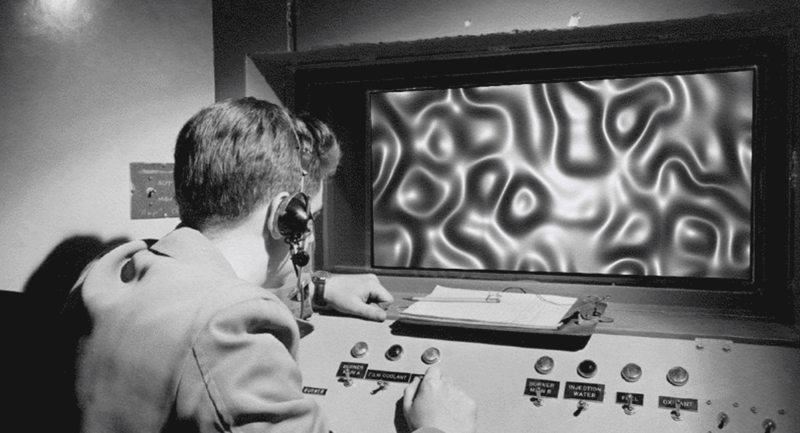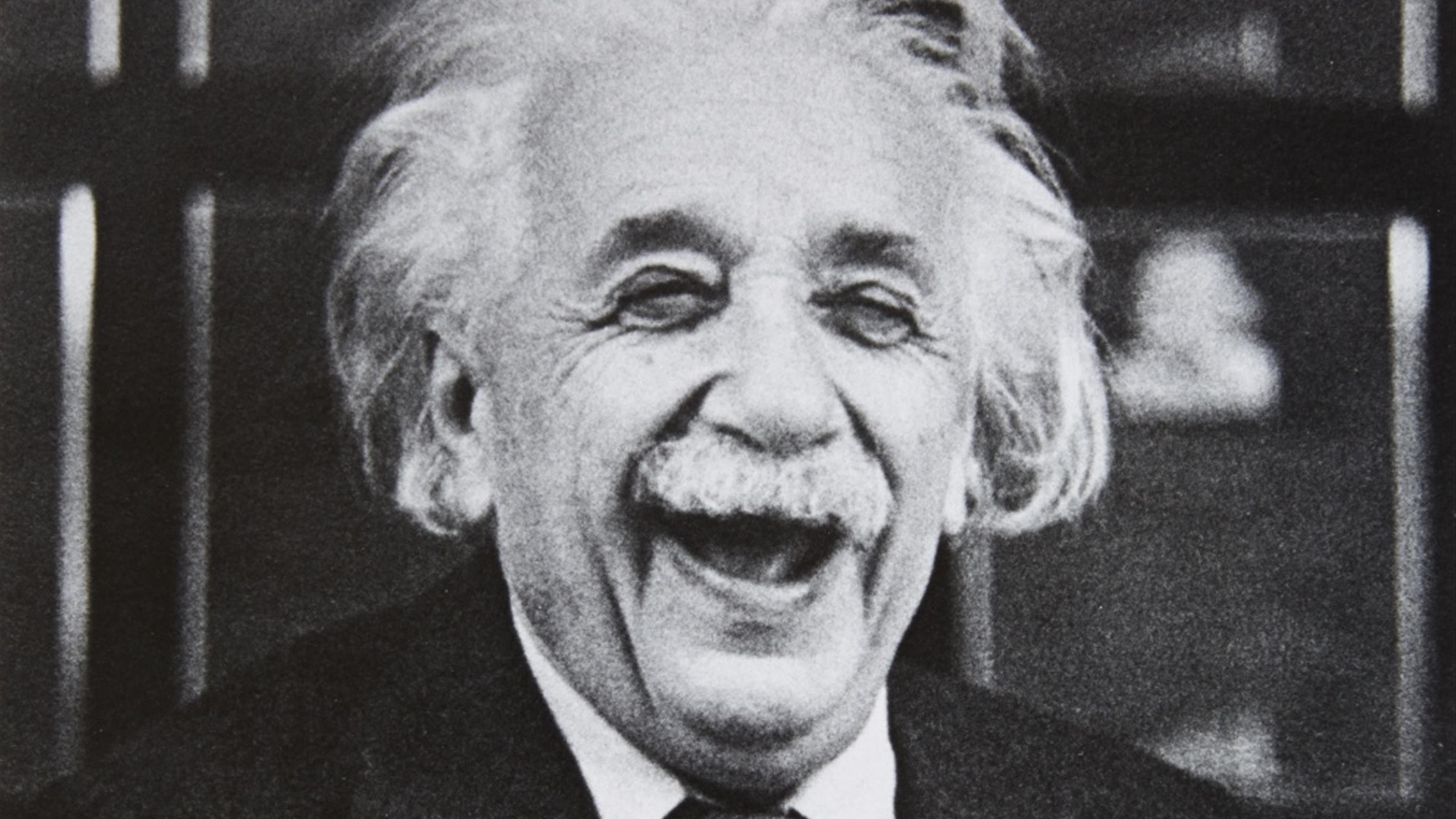Although Iran has ties to Hezbollah and Syria has ties to Hamaas, al-Qaeda’s unique mobility and effectiveness comes from their lack of affiliation.
Paul Cruickshank: So Iran is . . . has a very clear relationship with Hezbollah, which is a group with both a political and a military arm based in Lebanon. It hasn’t launched a terrorist attack in many years on civilians. That might be disputed, but it . . . but it has not launched a sort of terrorist attack on civilians outside Lebanon, inside Lebanon for several years. It has launched obviously missiles into Israel which have killed civilians. But it hasn’t sort of organized car bombings. It hasn’t launched suicide attacks. So it’s not engaged in what is classically understood as terrorist activity in the last years. Obviously historically it has been responsible for terrible acts of terrorism in the 1980s and other non . . . You know hundreds of Marines were killed. It’s been responsible for attacks in Argentina. But in the last years it’s not been responsible for the types of attacks that Al Qaeda have been responsible for around the world. Iran has also been accused of harboring certain Al Qaeda figures within the country that fled Afghanistan after the fall of the Taliban. Certainly I think there are a number of figures – such as __________, a military commander within Al Qaeda – who are in Iran. But the understanding that we have is that they’re under house arrest. They’re not free just to operate at will in that country. So I think that Iran has had historically relationship with terrorists. There are Al Qaeda figures in that country which have not been handed over to the United States. So I think that with Iran when the President makes these allegations, you know that is the context of what is going on here. But I . . . You know I . . . Let’s put all that in parenthesis because you know I . . . Do you know what? Because I . . . I . . . Let’s talk about whether to include that or not, the Iran side.
Question: Does any country sponsor al-Qaeda?
Cruickshank: Well I can say something to that. I mean . . . Well I mean . . . I mean Nobody is sponsoring Al Qaeda. No. No country is sponsoring Al Qaeda. And when President Bush makes these remarks, he’s not referring to Al Qaeda. And if he is, he’s mistaken because no country is sponsoring Al Qaeda. They’re not receiving any state response, you know. I mean I can go on and on, but one of the key justifications to go into Iraq was obviously the relationship between . . . So maybe we can do a little …there. But in a recent message, bin Laden has said look, you know, “I haven’t received state support from anybody, which makes me free to do what I like. Hezbollah is restrained by these different powers and I can do what I like. We can launch the operations we want to.” So maybe there’s a little thing we can do on that.
Paul Cruickshank: So the President of the United States has recently said that Iran is the largest state sponsor of terrorism. I don’t think he’s referring to Al Qaeda. There certainly Iran has had a relationship with Hezbollah, with certain Shiia militia forces within Iraq. Al Qaeda figures are also present in Iran right now, but it is thought they are under house arrest. So under some sort of restriction. And they’re certainly not cooperating with the Iranian regime. There might be some elements of the Iranian regime which has had some dealings with Al Qaeda in the country. It’s very, very cloudy what’s going on there. But Iran has not been responsible for sponsoring Al Qaeda around the world. One of the justifications of going into Iraq was the idea that there was some sort of relationship between Saddam Hussein and certain Al Qaeda linked fighters such as … in Iraq; and an alliance of convenience between a … secularist figure and a religious group. Those have really not been borne out in recent years. And the idea that Iran, a Shiia power, would ally itself with Al Qaeda, which is a Sunni, fundamentalist, anti-Shiia organization, I think is a pipe dream. It’s very unlikely to happen. Al Qaeda fighters in their statements, and on forums, and . . . Sorry. Radical figures on . . . Sorry. Let me think about this a little bit. I’m just . . . That’s the first bit.
Paul Cruickshank: The second . . . I mean there’s been quite a lot of talk in the . . . on these jihadist forums about, “Does it make sense for us to ally ourselves with Iran?” There’s been quite a lot of talk on those jihadist forums about whether Al Qaeda should ally itself with Iran against the United States. I think most of the people who are posting these messages have concluded that that sort of alliance wouldn’t make sense. They’re not prepared to come up with some sort of alliance of convenience with Iran. They view Iran, because of its support for Shiia militia groups in Iraq which are seen as killing Sunnis, in very hostile ways . . . terms right now. So Shiia powers . . . These jihadists who are part of Al Qaeda right now are a very fundamentalist, very intolerant ideology which sees Shiias as heretics. So for Al Qaeda any sort of alliance of convenience with Iran is not gonna happen in the years to come. It’s not gonna make sense to them. And for Iran, I don’t think it’s gonna make any sense whatsoever either. So when the President talks about Iran supporting terrorist groups around the world, we have to understand that he’s not referring to Al Qaeda as one of those groups.
Recorded on: Jan 14 2008





